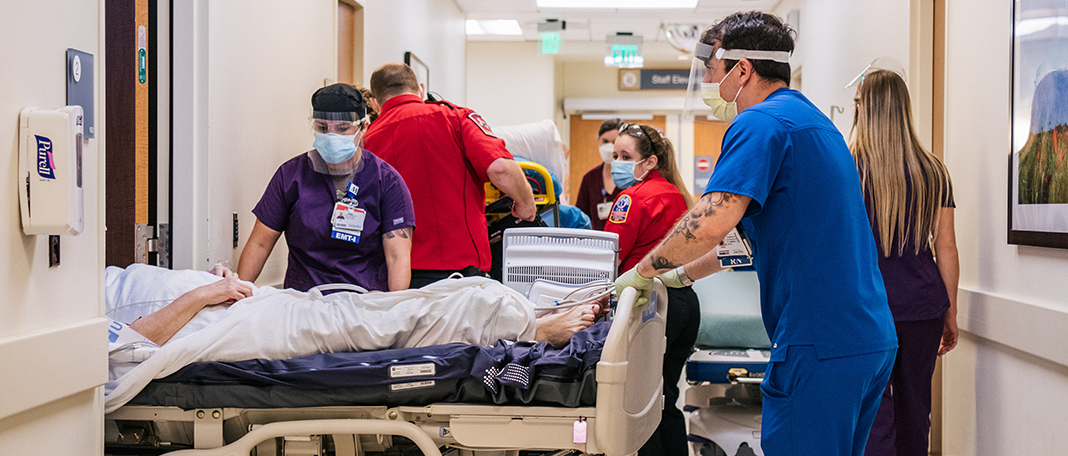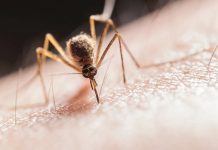Tripledemic is not a medical term, but it has recently raised concerns from health officials. Doctors and public health officials are expecting it to occur this winter. Young children, older adults, pregnant women, and immunocompromised people are the most affected by the tripledemic viruses.
What is a tripledemic?
There is no origin for the term tripledemic. Doctors and journalists use it to address the rising level of hospitalizations due to three viruses.
Tripledemic facts
The term tripledemic describes the collision of three different respiratory viruses to create an epidemic that might overwhelm hospital emergency departments. The tripledemic viruses are:
- RSV (Respiratory Syncytial Virus)
- Influenza (Flu)
- COVID-19 (Coronavirus disease)
Similarities between RSV, Flu, and COVID-19
These three viruses:
- Have common symptoms
- Affect the respiratory system
- Are contagious
- May cause mild to severe illness
Tripledemic symptoms
Fever or feeling feverish/ having chills are their common symptoms, according to public health experts at the Centers for Disease Control and Prevention (CDC). Apart from that, here are a few:
- Cough
- Shortness of breath or difficulty breathing
- Fatigue (tiredness)
- Sore throat
- Runny or stuffy nose
- Muscle pain or body aches
- Headache
- Vomiting
- Diarrhea (more frequent in children with flu, but can occur in any age with COVID-19)
- Change in or loss of taste or smell, although this is more frequent with COVID-19.
How do the tripledemic viruses spread
RSV, Flu, and COVID-19 are all respiratory viruses, but they have differences in how they spread.
- RSV spreads through coming into contact with contaminated surfaces.
- Flu can spread from respiratory droplets, aerosols, and through contaminated surfaces.
- COVID-19 spreads from sneezing, coughing, and expelling respiratory droplets and aerosols.
How to prevent yourself from the tripledemic viruses
The obvious and best prevention advice for all three illnesses is to avoid others who are sick. Here are individual efforts you can make for yourself and your beloved ones to prevent from the tripledemic viruses.
1) RSV
CDC recommends these tips for preventing RSV:
- Cover coughs and sneezes with a tissue or your upper shirt sleeve, not your hands.
- Wash your hands often with soap and water for at least 20 seconds.
- Avoid close contact, such as kissing, shaking hands, and sharing cups and eating utensils with others.
- Clean frequently touched surfaces such as doorknobs, mobile phones, and other devices.
2) Flu
- Public health experts suggest getting a flu shot.
- You can also take flu antiviral drugs prescribed by your doctor.
3) COVID-19
- Handwashing and cleaning surfaces.
- Getting vaccinated with the current bivalent booster. This will help prevent the most severe COVID-19 sickness.
The tripledemic viruses must be given immediate medical attention if young children, older adults, pregnant women, or immunocompromised people get them. Masks, washing hands often, and staying away from crowded places are a must for all tripledemic patients.
Kindly consult your doctor before taking any medication, shots, and treatment for Respiratory Syncytial Virus, Influenza, and COVID-19.
















